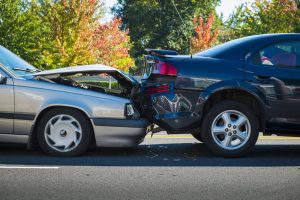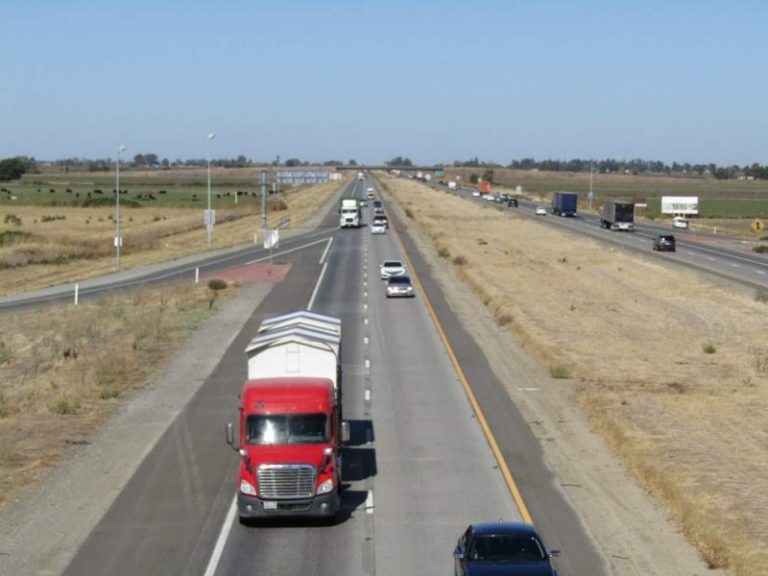Why You Shouldn’t Say Sorry After a Crash
Whether you’re talking to an insurance adjuster, the other driver, the police, or even your friends, it’s important to avoid saying sorry. This can seem like a strange rule to follow, but it’s rooted in extensive legal precedent and is always in your best interest.
Apologies Are Admissions of Fault
While it might not feel like it, it’s true: insurance adjusters can interpret even a simple “I’m sorry” as an admission of partial fault in many circumstances. Obviously, a simple “sorry” won’t immediately shift all of the blame on to you, but that’s not the adjuster’s primary goal. There are two primary points that insurance adjusters will use against you under Arizona’s comparative fault system after being in a car accident:
- Adjusters only need to prove things to a point of “reasonable debatability,” which is why even a simple “sorry” can be used against you; apologies aren’t concrete evidence, but they’re enough for an adjuster to argue that you must be somewhat to blame, or else you likely wouldn’t have apologized at all.
- Apologies won’t put you at total fault, but even a slight shift in the assignment of comparative negligence is enough to make an adjuster happy since it’ll directly reduce the amount you can receive (even being, say, 10% at fault could save the company hundreds or thousands of dollars).
As such, it’s important to avoid these small, but significant, admissions of fault whenever possible. While a formal statement including an apology is the easiest thing for an adjuster to use, apologies can also be discovered on social media, or via the testimonies of the other driver, eyewitnesses, or even your friends and family.
You Might Be Mistaken
 Apologies generally come from a place of good-natured compassion and genuine regret; providing them is simply natural for many drivers, especially if they feel that they may have had a hand in the accident (or even caused it themselves). However, it turns out that many of these feelings of guilt and obligation may be misguided or mistaken altogether, especially when an apology is provided before a full investigation occurs.
Apologies generally come from a place of good-natured compassion and genuine regret; providing them is simply natural for many drivers, especially if they feel that they may have had a hand in the accident (or even caused it themselves). However, it turns out that many of these feelings of guilt and obligation may be misguided or mistaken altogether, especially when an apology is provided before a full investigation occurs.
Human memory is fundamentally imperfect; even as a direct participant in a traumatic, “memorable” event like a car crash, you might not remember key details, which could cause you to mistakenly incriminate yourself in your own recollection. This holds true even if you feel confident in your account; the human mind is extremely adept at filling in gaps and making assumptions about an event in order to create a cohesive narrative, which only grows worse as you speak to eyewitnesses and the police. As such, withholding an apology until it can be delivered in full confidence (i.e., after a full investigation and the claims process has concluded) is the most courteous, sensible thing you can do.
Ask an Arizona Auto Accident Attorney First
If you’re unsure whether or not you can apologize, you should talk to an Arizona auto accident attorney first. They can advise you on best practices for speaking to others about your accident, and can also check all the correspondence you send to your adjuster beforehand to make sure you don’t mistakenly compromise your settlement. Give the Arizona personal injury attorneys ELG a call at (623) 321-0566 to schedule a free consultation with an Arizona legal professional; we can help you navigate what may be a daunting, tedious claims process, leading you to the comfortable resolution you deserve.
Law News Feed
All NewsWho Is Liable for Damages After a Truck Accident?
According to information from the National Highway Traffic Safety Association, more than 2,500 truck accidents occur each year in Arizona. It goes without sayin…
Common Injuries After a Motorcycle Accident
Motorcycle accidents kill or severely injure individuals more frequently than any other type of crash, resulting in immense amounts of suffering and financial d…

